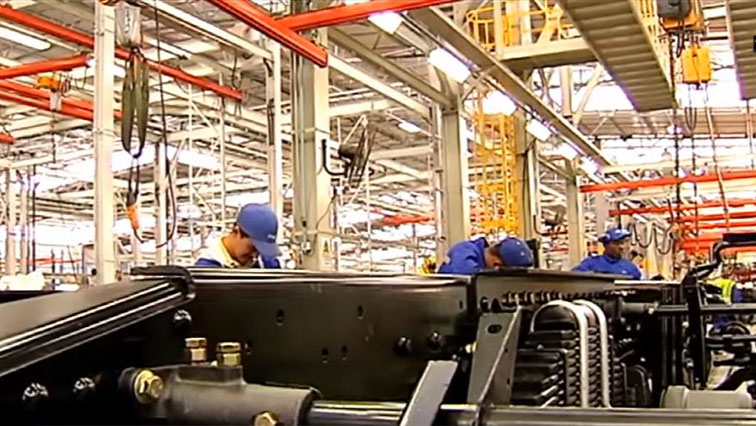Business Unity South Africa (BUSA) has welcomed the move to ease lockdown regulations at the end of May saying it will enable more businesses to operate.
However, the National Small Business Chamber, says moving to Level 3 is too little too late for small businesses.
BUSA says it has been calling on government to reopen the economy while also ensuring that people’s health is protected.
It welcomes the announcement that more sectors will be allowed to operate.
In this video, Business Unity South Africa welcomes the move to ease lockdown regulations at the end of May:
BUSA CEO, Cas Coovadia says the organisation is concerned about the impact of COVID-19 on the economy and on the livelihoods of many South Africans.
“We have indicated to governmentt consistently that we would prefer opening up the economy and putting into place a short list of exclusions and also ensuring that condition are set for businesses to ensure that employee’s health is protected and the spread of the coronavirus is limited.”
On Monday President Cyril Ramaphosa said South Africans must be prepared for a new reality in which the fight against COVID-19 becomes part of citizens’ daily existence, for the coming year or more.
In the video below, President Cyril Ramaphosa says SA’s economy has been negatively affected by COVID-19:
President Ramaphosa said with many more people gradually going to work during Level 4, there will be an inevitable increase in infection numbers as well as demands on the health care sector.
But, contrary to that, the pressure is mounting for him to reopen the country’s economy and help save jobs.
Earlier this month, the President told South Africans that he is aware that the country’s economy is being battered due to the lockdown.
“The next challenge is the economic challenge. COVID-19 has brought about a total destruction of our economy. Our economy, as we speak now, is under a great deal of stress and challenge. We now need to collectively respond to how we going to rebuild and reposition that economy.”






